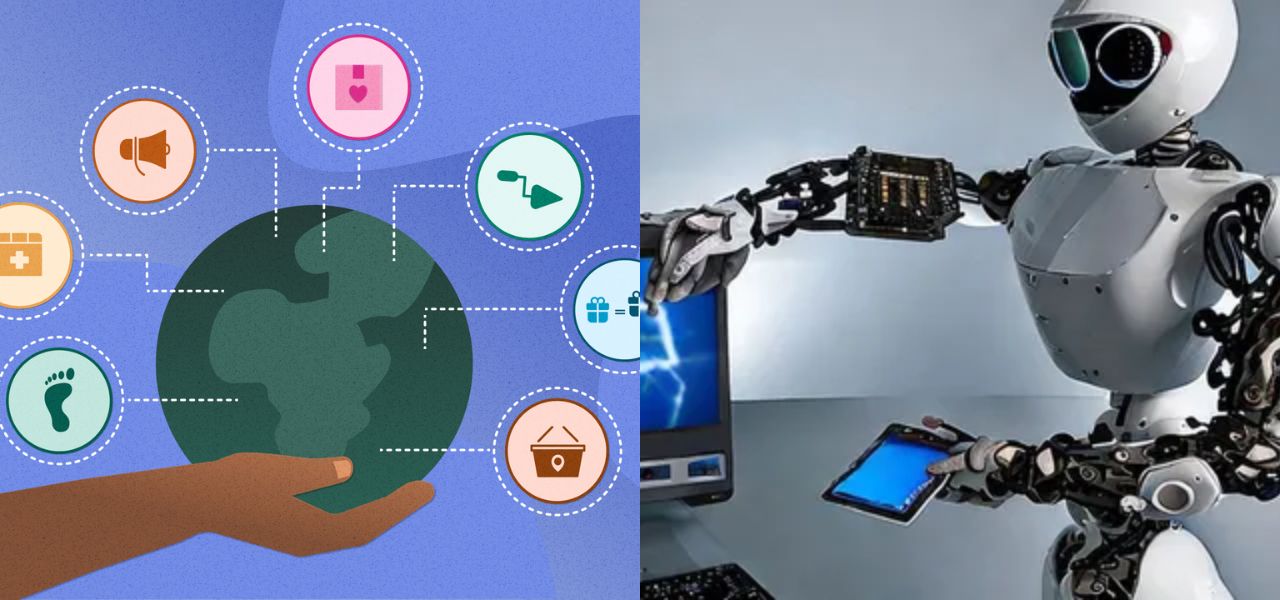Artificial intelligence is the latest human invention. With every human invention new questions arise and at times the gist of the question is the same but the presentation is different. These questions pertain to societal ethics; how do humans navigate their lives with new information or machinery?
What are Societal Ethics?

Biological beings found on Earth adapt according to the changes in their surroundings, and those who fail die. Humans are the only biological that don’t change, they change the environment according to their needs. Examples include using dull small weapons to hunt small animals, to large objects for bigger animals.
Societal Ethics are Primarily Regularity
Societal ethics arose with our ability to change our surroundings. When human beings first understood farming they changed behavior. Humans started working with regularity; changing the soil, watering the crops, and herding the animals.
Societal ethics also deal with the psychological problems of humanity. Religions require regularity; Muslims pray five times a day: go to the mosque, Hindus visit their temple, and Buddhists meditate.
Societal ethics also ponder the matters of intimacy. Females carry a child for 9 months and have to nurture it for a long period. They require commitment from fathers; requiring regularity.
Change in Societal Ethics
Human beings can carry ideas forward. This ability allows societal ethics to evolve and become more complex. Plato; the Athenian philosopher gave the idea of distinguishing general and particular things. Ibn Sina carried the idea forward distinguishing between humans and animals.
With the change in time, technology advanced societal ethics and their questions became more complex. In the 20th century, humans broke the atom. They can use it for multiple purposes; as a bomb, or as fuel for harnessing energy – societal ethics and their questions.
What is Artificial intelligence?

Artificial intelligence is a supercomputer programming that allows computers to reflect on the data collected catering to human needs. AI is an algorithm-based program; the more complex the algorithm: the more advanced the system.
Various industries employ AI for decision-making purposes. There are many pros and cons to it.
Biased decision-making. may develop due to bias data collected by AI. This can be harmful in various aspects of life such as medicine. Bias data collected in medical research will result in discriminatory decisions by AI.
Also Read: World First AI Robotic Surgery Was Conducted From Rome To China, 5000 Miles Away
Another problem that exists is private data collection. Social Media platforms such as Meta, and X use AI to collect personal data. This data in turn is a target for hackers. Leaked AI-generated photos and videos are a testimony.
The use of AI by many firms demands many policymakers to ensure transparency. Abuse of AI in a market-competitive world may hinder societal growth. This may ultimately lead to a monopoly.
With every new AI algorithm, the AI program becomes more complex, Ethical policymakers should be on their toes to assure the use of AI should only benefit humanity.
One prominent example is the use of smartphones and social media addiction.
It is not only policymakers and philosophers that deal with societal ethics. It requires a society to build a consensus over the use of technology.












